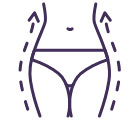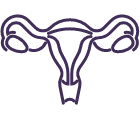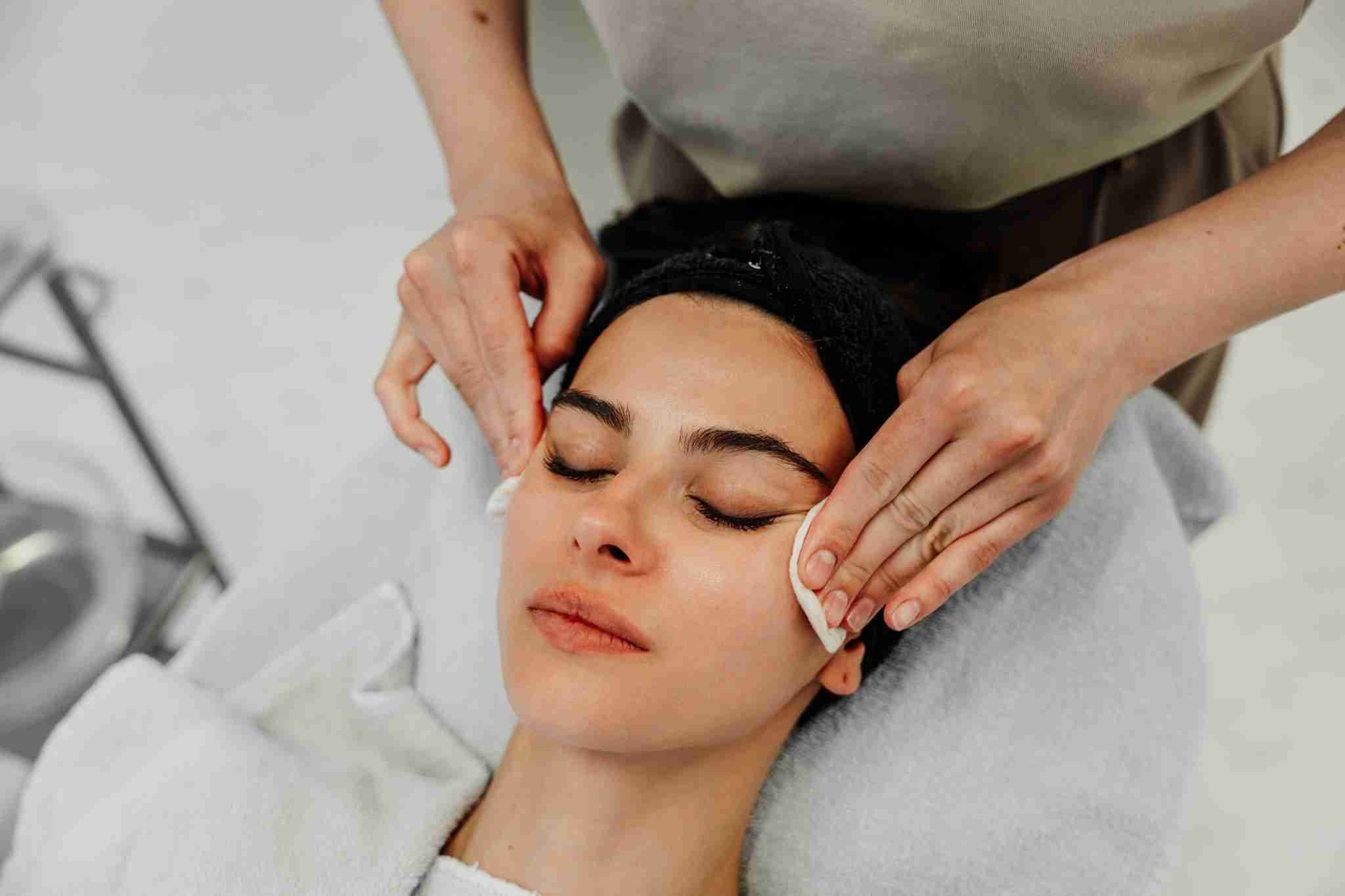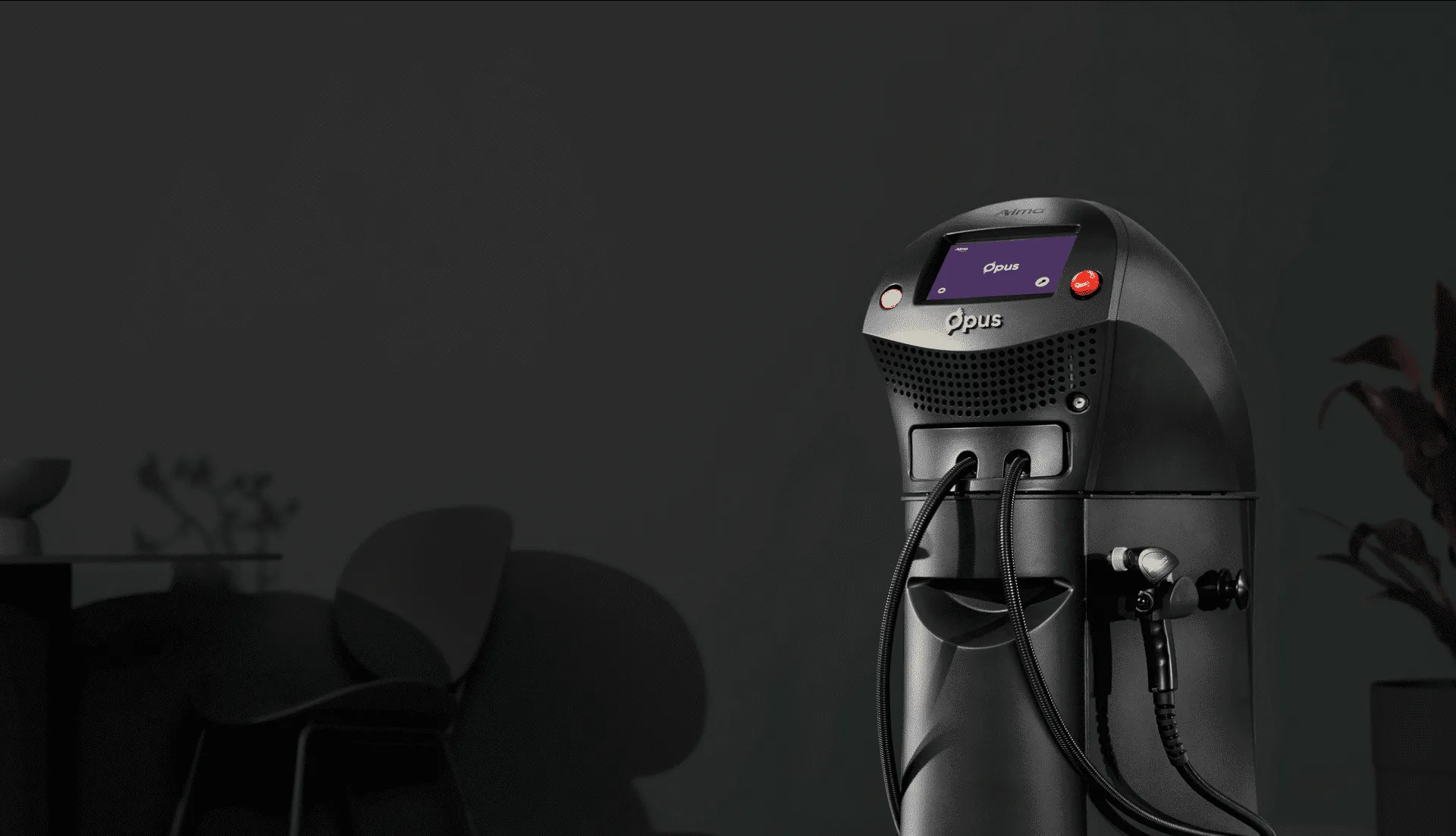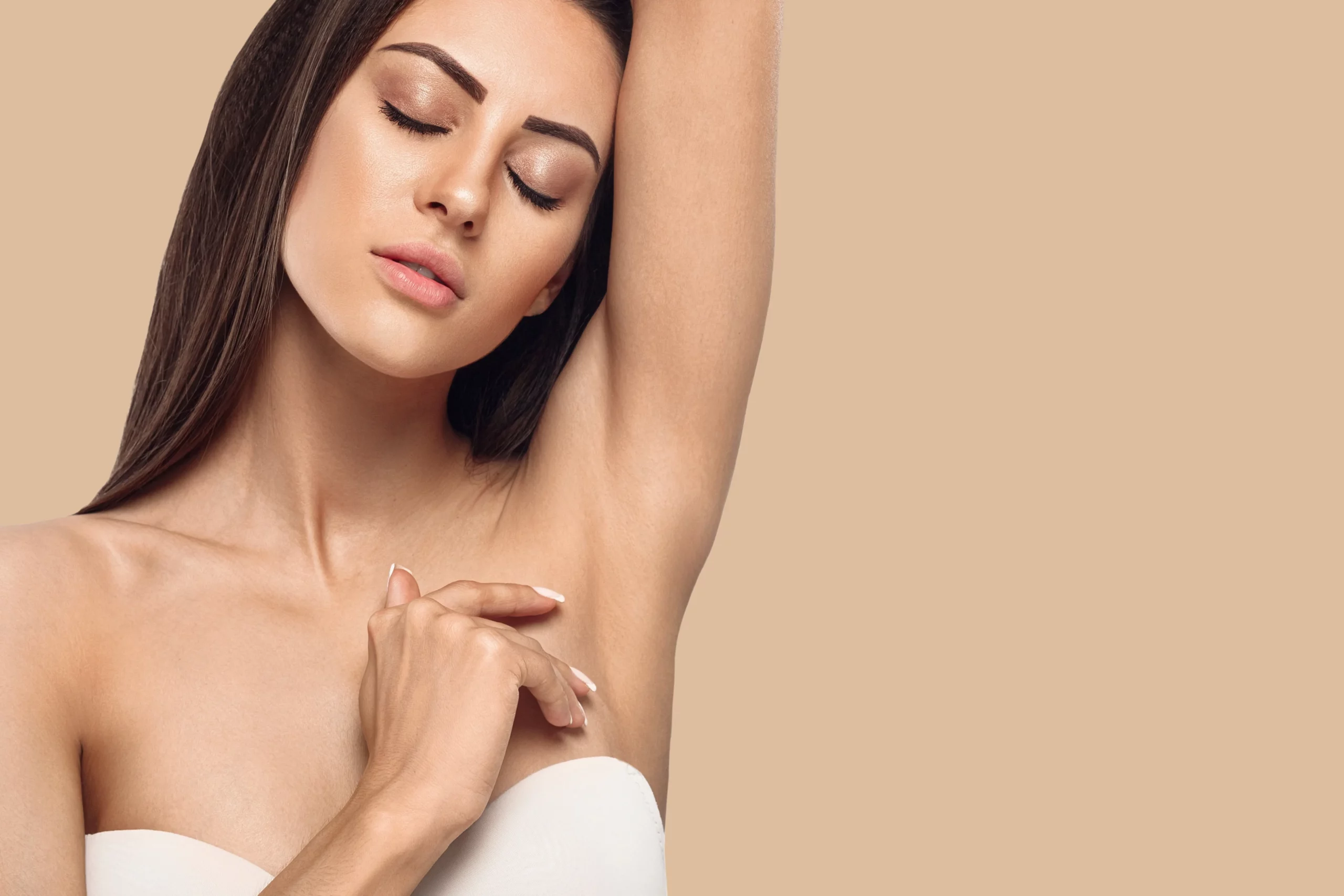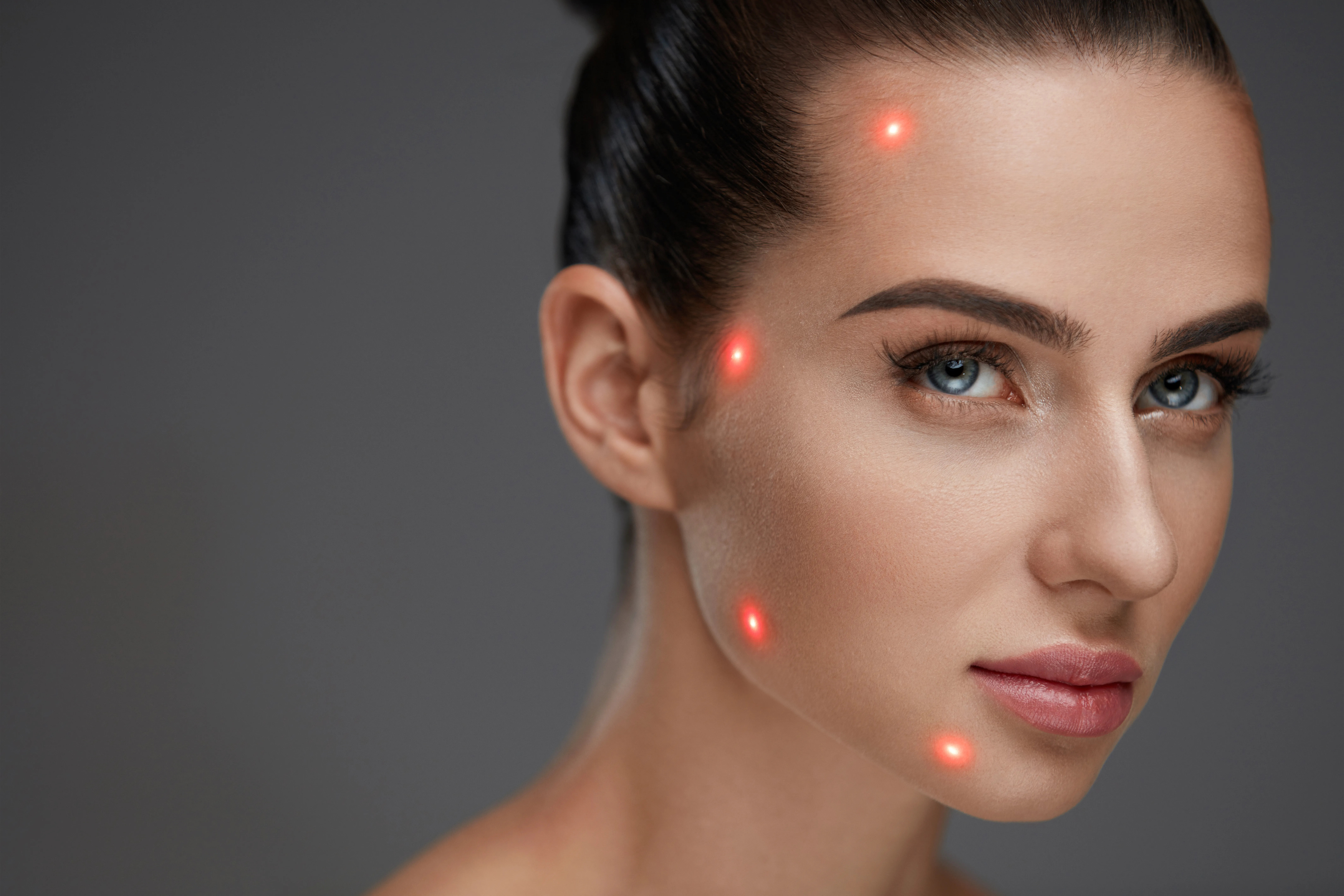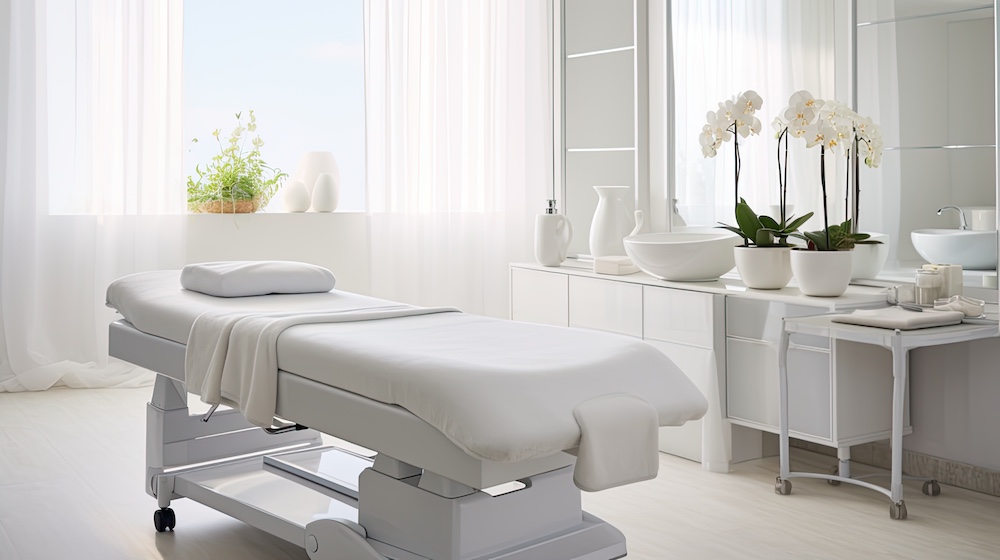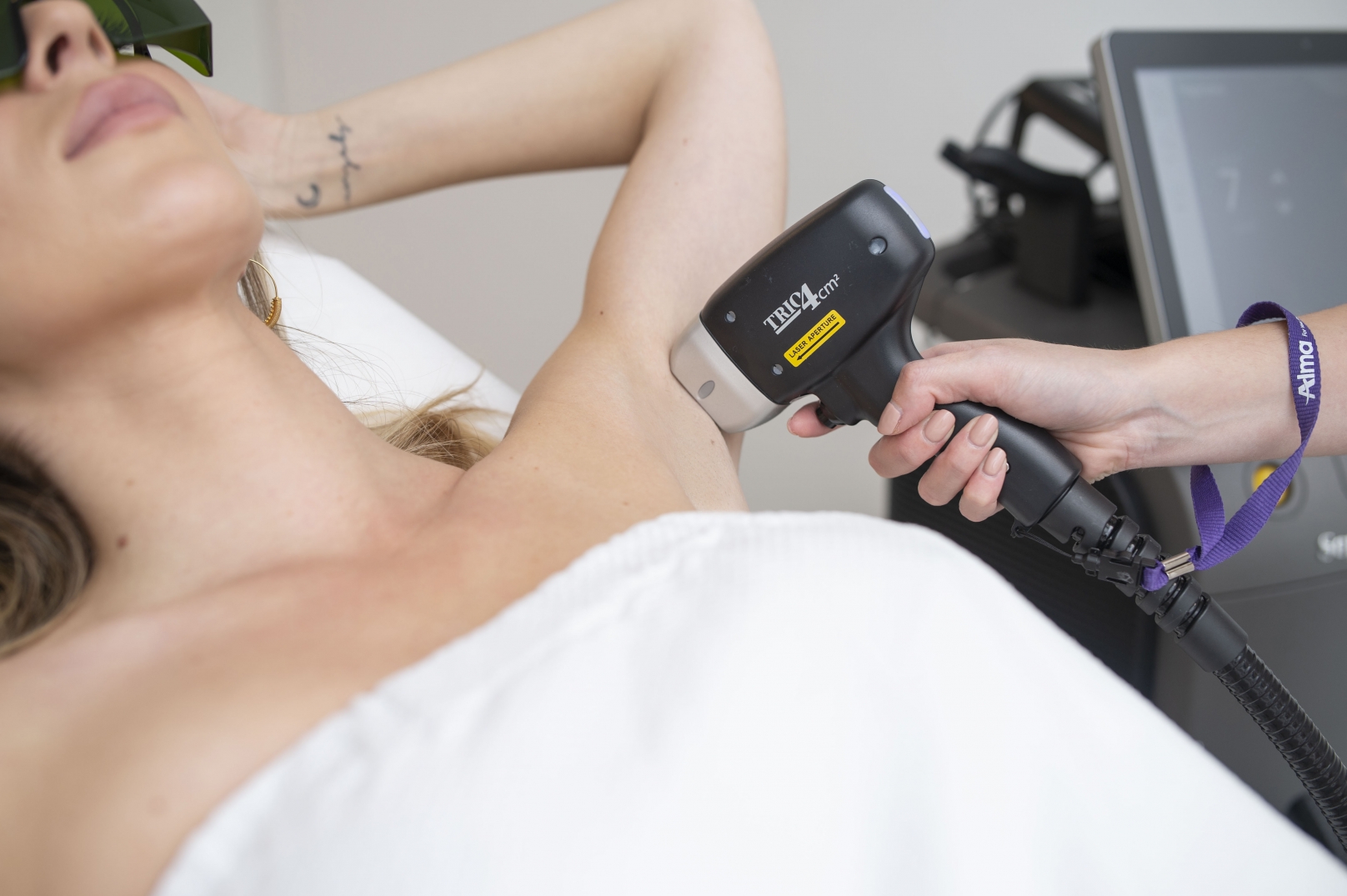Are you wondering who to visit for your skin concerns? It’s crucial to understand the difference between an esthetician vs. dermatologist. Both professionals care for your skin, but they do so in distinct ways. This comprehensive guide will help you make an informed decision about which expert is best suited for your specific skin needs.
What Does a Dermatologist Do?
A dermatologist is a medical doctor who specialises in the care of the skin, hair, nails, and certain internal tissues. With extensive training, dermatologists are equipped to diagnose and treat over 3,000 conditions, ranging from medical concerns to cosmetic enhancements.
Their expertise covers a wide spectrum of skin-related issues, making them the go-to professionals for both health and aesthetic needs.
Dermatologist Responsibilities
Dermatologists have a variety of responsibilities, which include:
- Diagnosing skin conditions: Identifying various skin diseases and disorders.
- Prescribing medications: Recommending topical and oral treatments tailored to specific conditions.
- Performing medical procedures: Carrying out biopsies, removing moles, growths, or other skin abnormalities.
- Treating serious skin conditions: Managing complex diseases such as eczema, psoriasis, and skin cancer.
- Offering cosmetic treatments: Providing services such as Botox injections, chemical peels, and laser treatments to improve the skin’s appearance.
Dermatologists can be found working in various settings, including hospitals, private clinics, and medical spas. The type of treatment you require will often dictate which type of dermatologist is best suited for your needs.
Common Conditions Treated by Dermatologists
- Acne: Dermatologists can treat mild to severe acne cases, developing personalised treatment plans to manage breakouts.
- Skin Cancer: They play a crucial role in the early detection and treatment of different types of skin cancer, potentially saving lives.
- Psoriasis: This chronic autoimmune condition affecting the skin requires ongoing management.
- Eczema: Dermatologists help alleviate the discomfort caused by this inflammatory condition, which often results in itching and rashes.
- Rosacea: Treatment for redness and visible blood vessels, common in this condition, is also provided.
- Hair Loss: Diagnosing the cause of hair loss and offering appropriate treatments.
- Nail Disorders: Addressing issues like fungal infections and ingrown nails.
Dermatologists’ broad range of expertise allows them to provide essential care, enhancing both the health and appearance of the skin.
Dermatologist: Training and Credentials
Becoming a dermatologist requires extensive education and training:
- Complete a bachelor’s degree (3-4 years)
- Graduate from medical school (4 years)
- Complete a one-year internship
- Undergo a three-year dermatology residency
- Optional: Further specialisation in areas like skin cancer surgery or dermatopathology (1-2 years)
- Many dermatologists become board-certified, demonstrating their expertise in the field
This rigorous training ensures that dermatologists are well-equipped to handle complex skin issues and provide the highest standard of care.
Specialisations within Dermatology
- Pediatric Dermatology: Focusing on skin conditions in children
- Cosmetic Dermatology: Specialising in aesthetic procedures and treatments
- Dermatopathology: Diagnosing skin diseases through microscopic examination
- Immunodermatology: Treating skin conditions related to the immune system
- Teledermatology: Providing dermatological care through digital technology
What Does an Esthetician Do?
An esthetician is a skincare professional who specialises in the cosmetic aspects of skincare, focusing on enhancing the appearance and texture of the skin. Unlike dermatologists, estheticians do not have medical training; however, they are experts in maintaining and promoting healthy, glowing skin.
Estheticians are skilled in a variety of treatments aimed at improving the overall look and feel of the skin, offering services that range from facials to makeup application.
Their expertise lies in helping clients achieve their aesthetic goals and maintain good skin health through non-invasive procedures and personalised skincare routines.
Esthetician Responsibilities
Estheticians offer a wide array of services that cater to the cosmetic needs of the skin. Their responsibilities include:
- Performing facials and other skin treatments: Cleansing, exfoliating, and nourishing the skin to promote a healthy glow.
- Offering waxing services: Hair removal techniques such as waxing or threading.
- Providing light chemical peels: Administering superficial peels to address concerns such as fine lines, acne scars, and uneven skin tone.
- Recommending skincare products: Advising clients on the best skincare products suited to their individual needs.
- Performing makeup applications: Providing makeup services for special events or lessons on applying makeup effectively.
Some estheticians work in beauty salons or spas, while others, known as medical estheticians, collaborate with dermatologists or other medical professionals to offer more advanced treatments. These might include laser hair removal or deeper chemical peels, expanding their scope of services.
Common Treatments Offered by Estheticians
- Facials: In-depth treatments that involve deep cleansing, exfoliation, and hydration to rejuvenate the skin.
- Microdermabrasion: A gentle exfoliation technique to smooth skin texture and tone.
- Light Chemical Peels: Superficial chemical treatments to address minor skin imperfections.
- Body Wraps: Hydrating and detoxifying treatments aimed at improving skin firmness and texture.
- Eyebrow Shaping: Waxing, threading, or tweezing to enhance eyebrow shape and appearance.
- Makeup Application: Services for special occasions or lessons in makeup techniques.
- LED Light Therapy: Using light wavelengths to treat various skin conditions, such as acne or hyperpigmentation.
Estheticians provide essential skincare treatments, ensuring their clients look and feel their best with glowing, healthy skin.
Esthetician: Training and Credentials
The path to becoming an esthetician involves:
- Obtaining a high school diploma or GED
- Enrolling in a cosmetology school
- Completing 600+ hours of hands-on training (varies by location)
- Passing a state exam (written and practical)
- Optional: Pursuing national certification for advanced techniques
This training ensures that estheticians are well-versed in skincare techniques and can provide safe, effective treatments.
Advanced Certifications for Estheticians
- Laser Technician Certification
- Permanent Makeup Artist Certification
- Oncology Esthetics Certification
- Ayurvedic Esthetics Certification
- Aromatherapy Certification
Dermatologist vs Esthetician: How to Choose
Deciding between an esthetician and a dermatologist depends on your specific skin needs:
When to See a Dermatologist
- For medical skin issues (e.g., acne, rashes, moles)
- When you need a diagnosis for a skin condition
- If you require prescription medications
- For advanced procedures like laser treatments or Botox
- When dealing with potential skin cancer or other serious skin diseases
When to See an Esthetician
- For regular skincare maintenance
- To improve your skin’s appearance
- For treatments like facials or mild peels
- When seeking advice on daily skincare routines
- For cosmetic services like waxing or makeup application
Finding the Right Treatment
To ensure you receive the most appropriate care for your skin, consider the following steps:
For Dermatologist Visits
- Check with your insurance provider, as many require a GP referral
- Ensure the dermatologist is in your insurance network
- Verify their board certification
- Choose between a medical or cosmetic dermatologist based on your needs
For Esthetician Visits
- Ask for recommendations from friends or family
- Check for proper state licensing
- Read reviews and testimonials
- Inquire about their areas of expertise
Esthetician vs Dermatologist Salary: A Brief Comparison
While both professions focus on skincare, there’s a significant difference in their earning potential:
Dermatologist Salary
- Average annual salary: AUD 150,000 – AUD 400,000+
- Factors affecting salary:
- Years of experience
- Specialisation
- Location of practice
- Type of employment (private practice vs. hospital)
Esthetician Salary
- Average annual salary: AUD 40,000 – AUD 80,000
- Factors affecting salary:
- Years of experience
- Location
- Type of workplace (spa, salon, medical setting)
- Additional certifications or specialisations
The substantial difference in salary reflects the extensive medical training and responsibilities of dermatologists compared to estheticians. It’s important to note that these figures are approximate and can vary based on individual circumstances and market conditions in Australia.
Collaborative Care: When Estheticians and Dermatologists Work Together
In many cases, estheticians and dermatologists collaborate to provide a comprehensive approach to skincare. This partnership combines the expertise of both professionals, ensuring that clients receive the best possible care.
Medical estheticians, for instance, often work in dermatology offices, offering treatments like facials or chemical peels as part of ongoing skin maintenance. Conversely, dermatologists may refer their patients to estheticians for cosmetic treatments such as microdermabrasion or LED light therapy.
Estheticians play a key role in spotting potential skin issues early, such as unusual moles or changes in the skin, and can recommend consultations with a dermatologist when needed. This collaboration ensures that clients receive a balance of medical intervention and regular cosmetic care, tailored to their individual needs.
Benefits of Collaborative Care
- Comprehensive skin health: Combining medical expertise and cosmetic treatments provides a holistic approach to skincare.
- Seamless transition: Patients benefit from smooth transitions between medical treatments and regular skincare maintenance.
- Enhanced education: Clients receive better advice on both treatment and skincare routines.
- Improved outcomes: Collaboration leads to more effective and tailored treatment plans.
- Personalised care: Skincare plans are adjusted according to medical advice and ongoing aesthetic needs.
The Future of Skincare: Advancements in Dermatology and Esthetics
Both dermatology and esthetics are rapidly evolving fields, with new technologies and treatments transforming the way skincare is approached. The integration of cutting-edge machines and innovative techniques is improving patient outcomes and enhancing cosmetic treatments.
Advancements in Dermatology
- Precision medicine: Personalised treatments tailored to individual genetic profiles.
- Advanced imaging machines: Tools like dermatoscopes for early detection of skin cancer.
- Gene therapy: Promising solutions for treating genetic skin disorders.
- Artificial intelligence: AI is now being used to improve diagnosis and treatment planning for skin conditions.
- 3D-printed skin grafts: Revolutionising wound healing and burn treatments.
- Nanotechnology: Targeted drug delivery systems designed to treat specific skin conditions more effectively.
- Virtual reality: Used for patient education and treatment simulation, helping individuals understand their care plans.
Innovations in Esthetics
- Non-invasive body contouring machines: Devices like cryolipolysis for fat reduction without surgery.
- Advanced LED light therapy: Machines that use specific wavelengths to treat acne, wrinkles, and pigmentation.
- Customised skincare formulations: Tailored products created based on individual skin assessments.
- Microneedling with radiofrequency: A popular treatment combining mechanical and heat energy for skin rejuvenation.
- Stem cell-based skincare products: Cutting-edge formulas for anti-ageing and regeneration.
- Cryotherapy machines: Used for skin rejuvenation and tightening.
- AI-powered skin analysis: Machines that analyse skin conditions and recommend personalised treatments.
These advancements demonstrate the importance of staying up to date with the latest developments, whether visiting a dermatologist or an esthetician.
The Role of Skincare Products: Dermatologist vs. Esthetician Recommendations
Both dermatologists and estheticians provide skincare product recommendations, but their approaches can vary significantly:
Dermatologist Product Recommendations
- Focus on medical-grade products with proven efficacy.
- May prescribe prescription-strength treatments for more severe skin conditions.
- Recommendations are based on scientific research and clinical trials.
- Products are often targeted at treating specific skin conditions like acne, eczema, or psoriasis.
Esthetician Product Recommendations
- Emphasis on over-the-counter products suitable for everyday use.
- Recommendations are tailored to individual skin types and concerns.
- Focus is on maintaining overall skin health and enhancing the skin’s appearance.
- May include natural or organic options, catering to clients’ preferences for non-synthetic ingredients.
Both professionals aim to help individuals achieve healthy skin, but dermatologists tend to treat more serious issues, while estheticians focus on cosmetic improvements.
Making the Right Choice for Your Skin
Understanding the esthetician vs. dermatologist distinction is key to optimal skin health. Dermatologists offer medical expertise for diagnosing and treating skin conditions, while estheticians focus on maintaining and enhancing skin appearance. Consider your specific needs when choosing between these professionals.
Often, a combination of their services provides the most comprehensive skincare approach, helping you achieve and maintain healthy, radiant skin.
Take the Next Step in Your Skincare Journey
Choosing between an esthetician vs. dermatologist? Consider Alma Lasers for advanced skincare solutions. Our technology, used by both professionals, offers innovative treatments for various skin concerns. Visit us to discover how our devices can transform your skin health journey.

